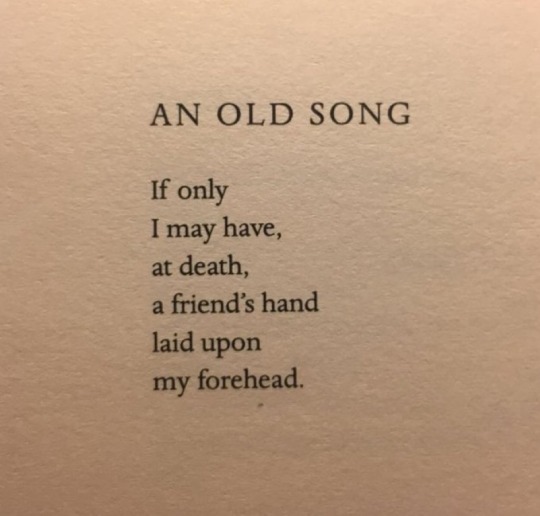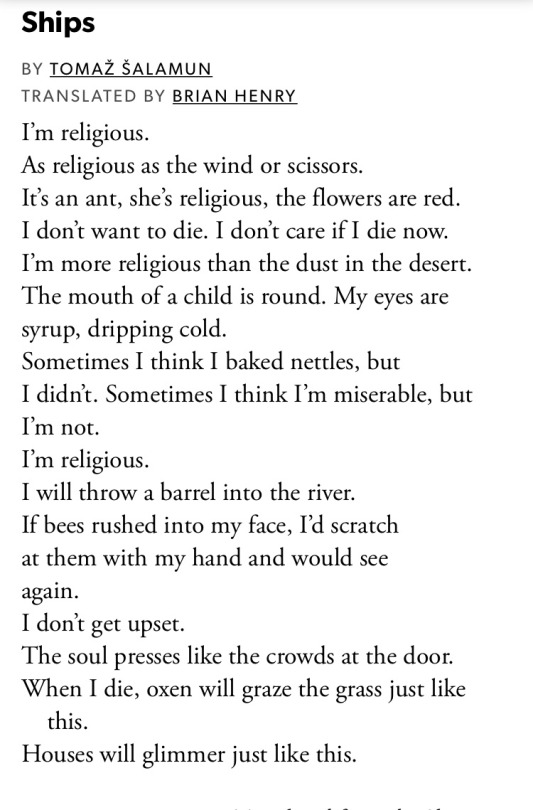#Tomaž Šalamun
Quote
I
demand
unconditional
love
and
total
freedom.
That is why
I am
terrifying.
Tomaž Šalamun, The Shepherd, the Hunter: Selected Poems
110 notes
·
View notes
Text

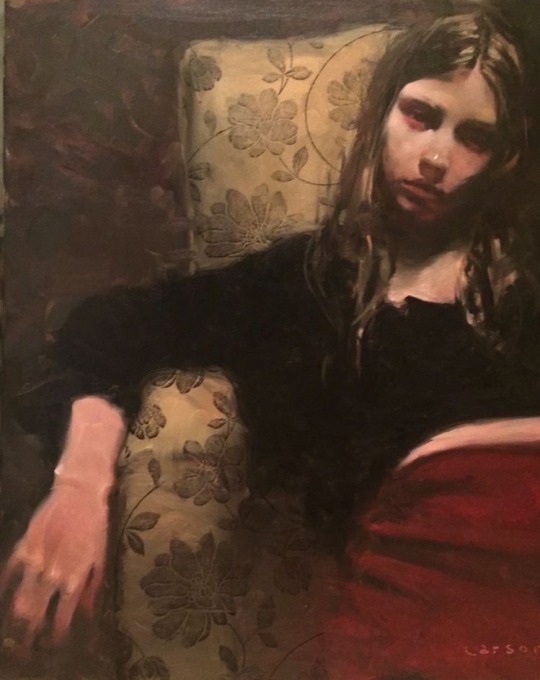
I strived, to fold myself like a paper to hold on to all the love that you whispered into my skin. I made it my mission to make myself smaller. Yet, you kept on trying to feed me spoons of ignorance, my love.
How much of it did you think I’ll swallow ?
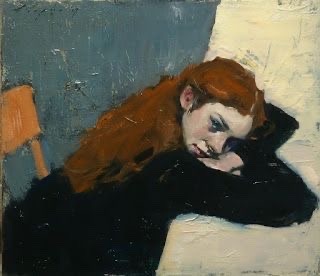
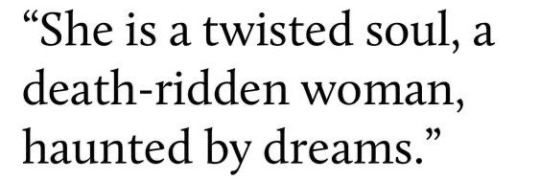
I know you loved me,
I did too, once upon a time. But day by day, it got harder to crave it anymore.
"I demand unconditional love and complete freedom. That is why I am terrible.”
And I know very well that
"There is a freedom that comes with abandonment.”
So, where does all the dead love go ? It dances with the disappointment in our veins and gives birth to rage.
The only true love child.
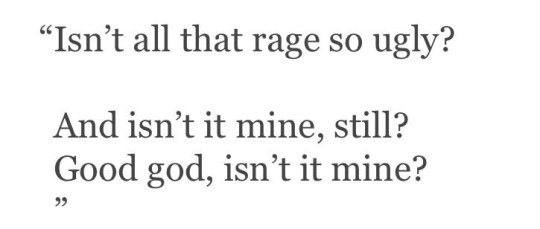
There is nothing unique about the rage i accepted as mine It’s another replica of my mother’s and maybe, her mother too not really one of a kind.
The only difference is mine is loud, ugly and blunt it’s meant to harm.

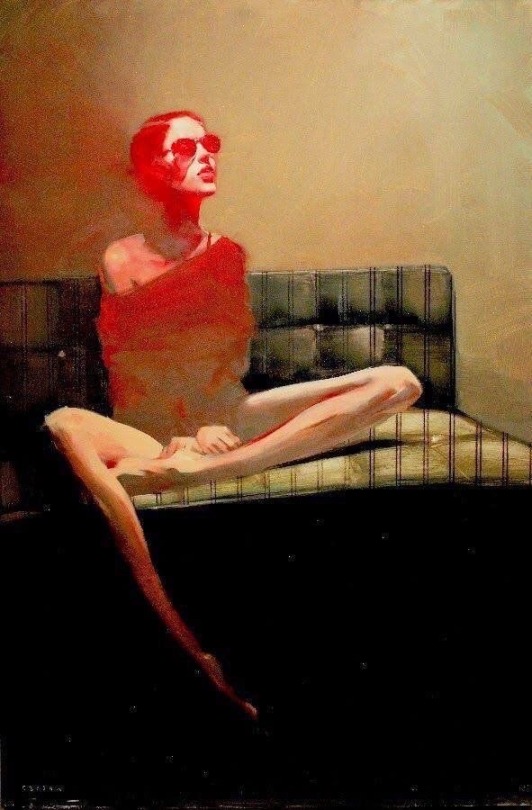

Sometimes I wonder, will i ever feel sorry if i had the chance to think about anything other than how to dodge the bullets ?
Will I reach for anyone again? Even when I know that i long for what I fear the most
And it’s not love or life. It’s stability and attachment.
I think I’m sorry…
"I swear to you that to think too much is a disease, a real, actual disease.”
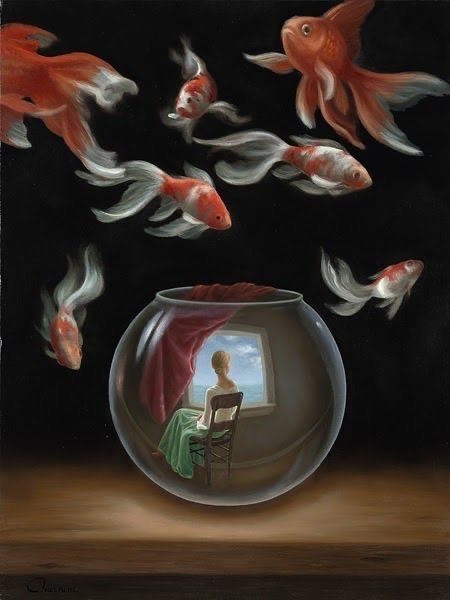
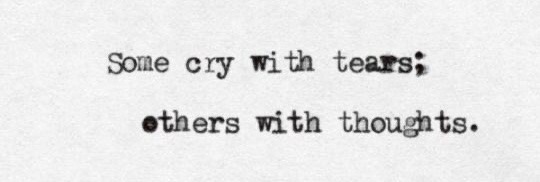
•••
•Quotes: Natalie Diaz/Arthur Miller/Tomaž Šalamun/Suzanne Scanion/ Ashe Vernon/ David Foster Wallace/Anaïs Nin/ Fyodor Dostoyevsky/ Octavio Paz.
•original context: Sinligh
Art reference:
1.painting by Michael Carson. 2. Painting by Malcolm T. Liepke, 3."seated women by michael carson". 4. Painting by Samy Charnine, 1967
#sinligh poem#poetry#dark academia#light academia#romantic academia#love#natalie diaz#arthur miller#Tomaž Šalamun#Suzanne Scanion#ashe vernon#david foster wallace#anaïs nin#fyodor dostoyevsky#octavio paz#writers#art#paintings#oilincanvas#classic literature#classic painting#beautiful#sad#literature#web weaving#word weaving#blotched words#weavingart#quotes#books
45 notes
·
View notes
Text

Tomaž Šalamun, tr. Sonja Kravanja
3 notes
·
View notes
Quote
One conceals.
Tomaž Šalamun, from “The Rise of the Zebra”
16 notes
·
View notes
Text
Meditative Week of Poetry: Tomaž Šalamun
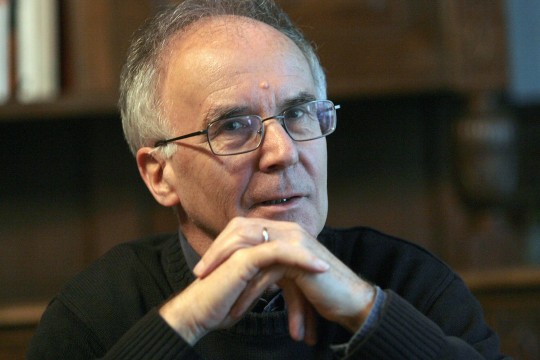
You can inflate a mass murderer´s legs
so that they´ll be round as ballons, but he won´t
notice. This is also the only way you´ll track
him down. But where to get a pump? Where to get
a mass murderer? Mass murderers are
safely hidden around salons. If they steer
a cart up a hill, their facial muscles
tremble. I remember a mass murderer at
the camp in Visoko when I was fourteen.
He arranged cans of milk
on a small wooden cart. We talked.
He was from the village. On the left stood
a rectangular hayrack, and because darkness
was already falling. I didn´t look him in the eyes.
0 notes
Text
Kako dišiš nesmrtnost: stebri hiše
gora v pristanišču, volnene deke v snu.
How immortality smells: the pillars of the house; the mountain in the harbor; woolen blankets in dreams.
0 notes
Text
Lifesaving Lines: History, by Tomaž Šalamun
Lifesaving Lines: History, by Tomaž Šalamun
The other day I bumped into Tomaž Šalamun. I was enjoying the last few hours of walking around Ljubljana, took a wrong turn down a side street, and there he was, sitting cross-legged in black and white at the entrance to a poetry centre named after him. I felt a mixture of emotions on meeting him. Surprise, awe, and a kind of annoyance that I had completely forgotten his connection to the city.…
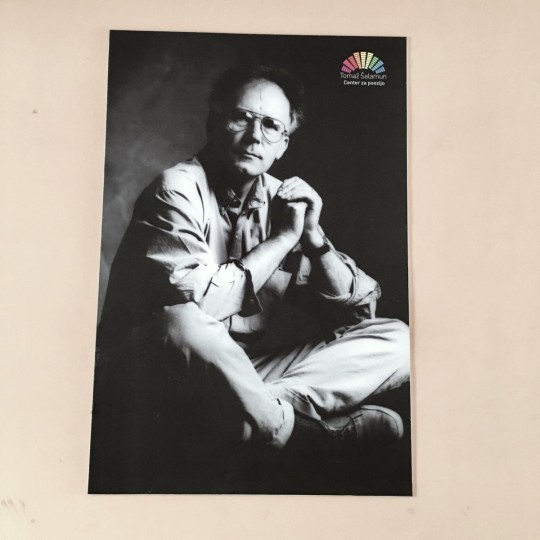
View On WordPress
#Being a Poet#Being a Writer#History#Lifesaving Lines#Ljubljana#Poems#Poetry#Poets#Reading Poetry#Tomaž Šalamun
0 notes
Text
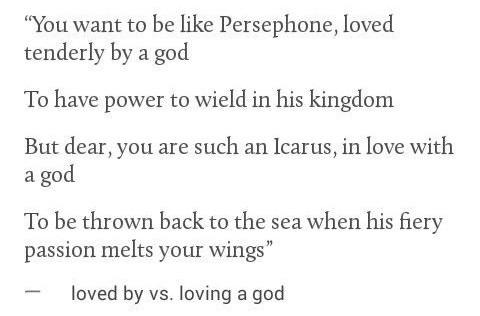



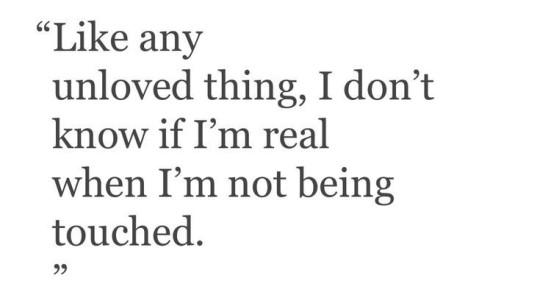
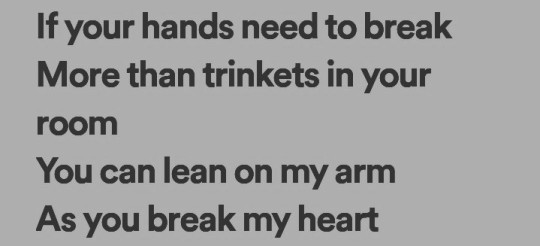


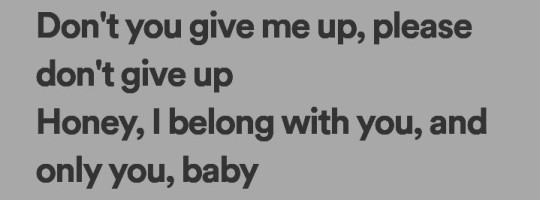

Have you ever been loved like you're not worth loving?
Tumblr User @falling--icarus//not f'ound//Franz Kafka in "Letters to Milena"//Lovers Rock by TV Girl//Natalie Wee from "Lonely"//I Don't Smoke by mitski//Tomaž Šalamun//J. R. Rogue//Dark Red by Steve Lacy//Mahmoud Darwish
#web weaving#web weave#please tell me if i made a mistake in the credits it was hard collecting all these images#but very fun lmao im definitely gonna make more#poetry#sad poetry#heartbreak poetry
467 notes
·
View notes
Quote
Chain me down with you hatred,
so I can crush you into
love.
Tomaž Šalamun, The Shepherd, the Hunter: Selected Poems
11 notes
·
View notes
Text





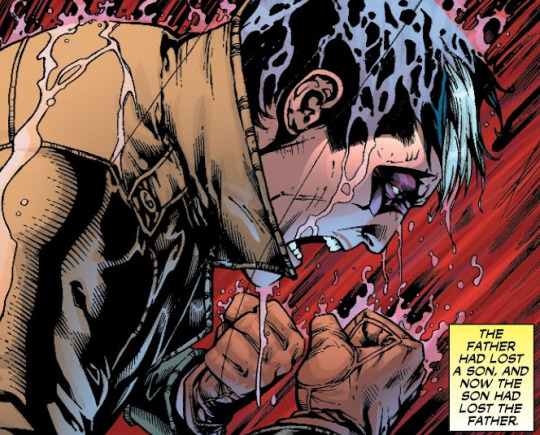









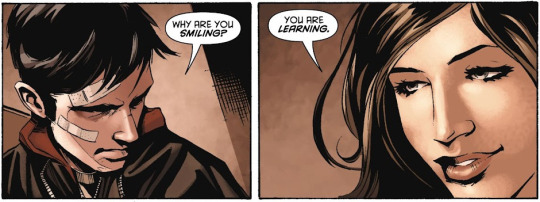

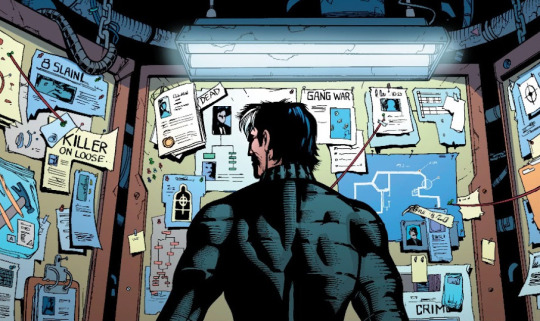
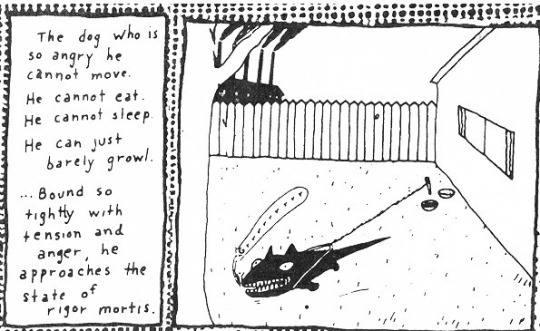
He loves like an angry dog.
The Book of Promethea - Hélène Cixous / Red Hood and the Outlaws (2016) #28 / Who - Sylvia Plat / Red Hood: Lost Days / Speeches for Doctor Frankenstein - Margaret Atwood / Batman Annual #25, Daedalus and Icarus / Água Viva - Clarice Spector / Batman (1940) #650, All they do is watch us kill / textpost by @/prettyhatemachinegf / Tomaž Šalamun / Witch - Rebecca Tamás / Deathless - Catherynne M. Valente / A Brief Biography of My Name - Yalie Kamara / The Angriest Dog In The World - David Lynch
1K notes
·
View notes
Quote
Houses will glimmer just like this.
Tomaž Šalamun, from “Ships”
8 notes
·
View notes
Text
Stop a person on the street in Sarajevo and ask them what they think about the war in Ukraine, and they’ll tell you they think that almost everything that happened in the war in Bosnia-Herzegovina is happening in Ukraine.
In April, we commemorated the 30th anniversary of the war against Bosnia-Herzegovina. We consider early April 1992 the moment a new era began: we have the before, during and after the catastrophe.
A month into the war in Ukraine I saw Ukrainians starting to use the phrase “before the war”. We went through everything that’s happening to them, but no one asks us about it or wants us to help.
War leads you to start looking at life and death with different eyes. Before our “smallish war” (an ironic phrase I use in literary works), I wanted to be a poet and wrote ultra-metaphorical and incomprehensible poems. After the war, I was determined to write as clearly and precisely as possible, especially about the events of the war. That is when I became a writer. The war was a giant catalyst in that process.
In a recent article for the Paris Review, Ilya Kaminsky quoted the Ukrainian poet Daryna Gladun on how events in Ukraine had changed her writing: “I set aside metaphors to speak about the war in clear words,” she said, “so that readers around the world will be struck by the cynicism, cruelty, and inevitability of the war that Russia brought to Ukraine.” A number of Sarajevo poets found the same thing happen during the siege of this city – the longest in the history of modern warfare. The famous Slovenian poet Tomaž Šalamun once said that he stopped writing poetry entirely during the war in Bosnia.
On 21 April 1992, the attack began on my home town in far western Bosnia. I was studying in Zagreb at the time but returned to Bosanska Krupa because I knew the war would soon begin; regular and irregular Serb formations had begun attacking towns in eastern Bosnia in early April.
You could see towns burning along the river Drina, the natural border between Bosnia-Herzegovina and Serbia, even though the country was still called the Federal Republic of Yugoslavia. But not even the letter Y remained of Yugoslavia because Slovenia, Croatia and Bosnia-Herzegovina declared independence and seceded from it.
I was drinking beer and listening to music on the terrace of the Casablanca cafe in Bosanska Krupa when the attack came. I remember I was wearing Levi’s, a down jacket and Adidas trainers. It was a lovely day, but shortly after 6pm an artillery attack began. That’s when I realised what the expression “in mortal terror” means. Militants of the Serb Democratic party, aided by forces of the former Yugoslav People’s Army, shelled the city from the surrounding hills.
I neither volunteered nor was I conscripted. We were surrounded by enemy forces and there was no way out of the area (later called the Bihać pocket or Bihać district) unless you could fly. I took up arms because I was driven out of my flat, my street and my neighbourhood. My conscience demanded that I fight.
For 44 months I fought as a soldier and later as an officer leading a unit of 130 men in difficult combat operations at the very end of the war. Once I was badly wounded in the left foot and needed crutches to walk for six months. The pain was more or less bearable because I was young and my body had the strength of steel. We didn’t have time then to think about the transcorporeality of pain, nor about infatuation with our own.
I remember having to go to the toilet in a special wheelchair, which had a hole in the seat. But I recovered quickly, I returned to the unit and to the same duties I had before the injury, as a platoon commander of 30 men.
Chronological time stops ticking during war. We wore watches on our wrists but they showed a meaningless time. We were cut off from the rest of our country and the civilised world. We were five hours’ drive from Vienna, at least before the war. Now we lived as if we were at the end of the world, so time was irrelevant. A new time was ticking inside us – the one you count from the moment your idyllic, civic life collapses and you become a refugee. After the first moments of shock, we were quick to embrace the apocalyptic way of life.
The experience of war is not something you want. No sane person wants it. It’s a return to the stone age and the time of commodity-money exchange. In the war, you could sell a toothbrush, a tube of toothpaste or a pocketknife and then get tanked up with the money. We did that once: we went to a town far behind the lines, drank beer and listened to Whitney Houston singing I Will Always Love You on MTV. It’s not as if we were Whitney Houston fans. We preferred grunge, and before that we listened to new wave, but no one asked us about our musical or any other identity.
We didn’t even know that the Serb nationalists saw us as the Others, to be expelled from “Serbian lands”, killed, raped and imprisoned in concentration camps. In the summer of 1992, when the Serb army and police occupied the town of Prijedor, all non-Serbs had to wear white armbands and hang white sheets out the windows of their houses and flats. The genocide began there, and it ended with the court-proven genocide in Srebrenica in July 1995. The phrase “never again” was repeated in the Prijedor concentration camps in the summer of 1992 and is now being repeated in Ukraine.
Although I and my family, comrades-in-arms and fellow citizens went through the worst possible suffering (as refugees, soldiers and civilians), I’ve never allowed myself to hate an entire people. I’ve only hated ultranationalists and war criminals, not other Serbian people.
We had to fight for our sheer survival. And when you fight like that, you can never be defeated because no idea is stronger than the idea of your own life. Right now, Ukrainians are fighting a life-or-death struggle. Having nothing to lose but your own life is when you’re strongest.
In the autumn of 1995, we finally managed to retake our town. It was in ruins, but we rebuilt it. Years after the war, you realise that life will never be the same as it was before. Once you lose that Arcadian life it can never be renewed.
All this is not what concerns the people of Ukraine at the moment. They hope the war will end as soon as possible, but war has a logic of its own that is nothing like human logic. The aggression against Ukraine has all the characteristics of a long war of attrition.
The day the war in Ukraine began, I wrote on Twitter that the Russians would commit war crimes, even though they hadn’t yet occurred. It was clear to anyone who watched and listened to Vladimir Putin that war and atrocities would soon follow. He referred to Ukraine as a fake state and the Ukrainians as a fake people.
Slobodan Milošević and Radovan Karadžić said the same things about Bosnia-Herzegovina and Bosniaks – that they were fake and didn’t deserve to exist. Those words were later turned into the worst crimes in Europe since the second world war. I hope the crimes of the Russian army will not surpass those committed in my country.
We will discover the full extent of atrocities and crimes of the Russian invasion of Ukraine when the war is over. The most important thing is for the Russian war machine in Ukraine to be broken and brought to a halt. The dictator understands only the language of force, while the politics ofappeasement bolster his power. People in the EU will have to leave their comfort zone because that is the sacrifice required of them while Ukrainians are fighting and dying to maintain peace and prosperity in the EU. If Ukraine is defeated, we will never again live in the peace that currently prevails.
The cities of Ukraine will be rebuilt from the ashes. The whole country can rise again. What cannot be brought back are the dead. These wounds never heal, but you can live with them, and you have to. The trauma of loss marks you and never leaves you. But I believe in the grit and courage of the Ukrainian soldiers and citizens, just as I believed in us. I believe in the victory of life over death.
Faruk Šehić is a Bosnian poet, short story writer and novelist
This essay is part of a series, published in collaboration with Voxeurop, featuring perspectives on the invasion of Ukraine from the former Soviet bloc and bordering countries. Translation by Will Firth
55 notes
·
View notes
Photo
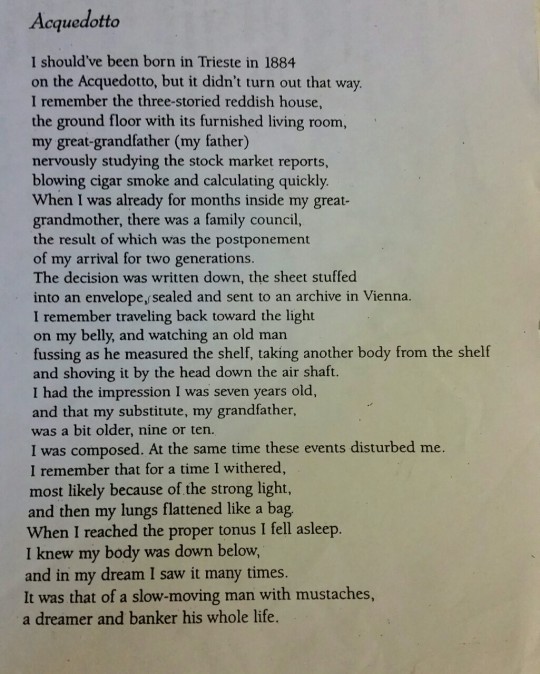
Tomaž Šalamun
29 notes
·
View notes
Text
Tomaž Šalamun
« Quand je suis triste… »
Quand je suis triste, je me lève, et je fais le tour du monde.
9 notes
·
View notes
